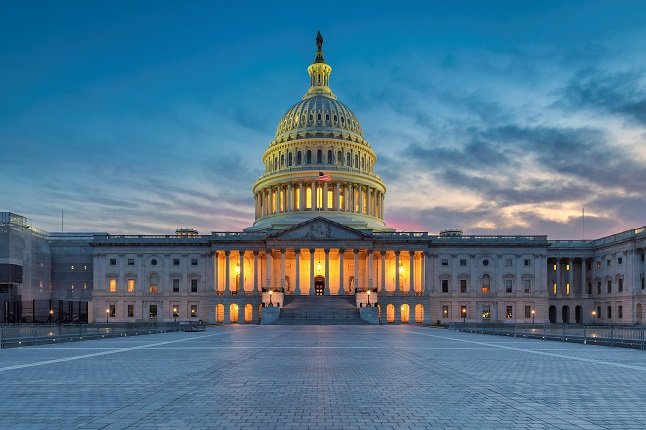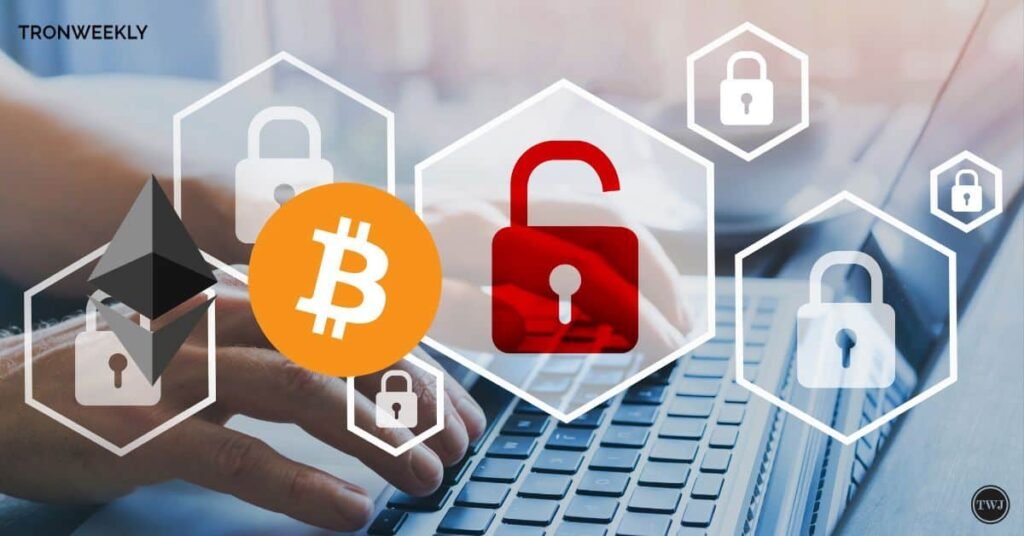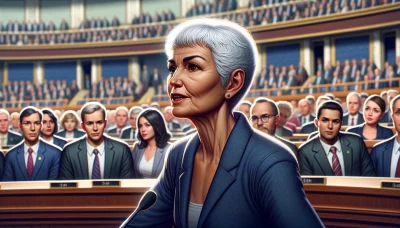Global Tech Policy Briefing: January 2022

Hello, happy new year and welcome back to Citizen Tech, InformationWeek’s monthly tech policy roundup. This month we’re looking at:
- what to know about cyberattacks and defenses as the Russia-Ukraine conflict heats up
- why energy security and green tech are gaining support during the conflict
- how Taiwan is supporting Europe’s burgeoning microchip industry
- why the FCC banned Chinese state-owned telecom Unicom
- how telecoms and aviation industry reached a tenuous peace over 5G, and
- how cryptocurrency firms continue to resist SEC regulation.
Ukraine and Cyber War
The whole world is watching the Ukraine crisis unfold. Over 100,000 Russian troops have amassed just over Ukraine’s border, while Britain and other countries have ferried arms to Kyiv. Will this be the first European war since Kosovo? If a war breaks out, expect it to be at least partly digital.
Ukraine has invested heavily in Turkish drone technology, as Reuters reports; Baykar, the military drone manufacturer, has supplied arms to all recent conflicts from the Azerbaijan’s standoff with Armenia to the Libyan Civil War. War is increasingly a digital game, fought through computers and the passive reception of online media. In the words of veteran combat reporter Aris Roussinos, “Drone, camera, and social media sharer … become a single, integrated weapon system, a hybrid semi-autonomous proxy.”
Not surprisingly, the threat of hacks originating in Russia has spiked. On January 11, the US Cybersecurity and Infrastructure Agency (CISA) released new guidelines for mitigating Russian state-sponsored cyber threats on US critical infrastructure. The guidelines include 13 frequently targeted vulnerabilities, as well as a list of tactics and techniques to watch out for.
The guidelines urge companies to have a response plan laid out well in advance, and to contact the FBI or CISA at the first sign of an attack.
Green Tech and ‘Energy Security’
One of the much-debated kinks in Europe and NATO’s response, or lack of response, to Russia’s aggressive maneuvers, is the Nord Stream 2 natural gas pipeline, or Russian gas generally. Germany famously relies on it, which has contributed to that country’s reluctance to stir the waters. French president Emmanuel Macron, among others, considers this a betrayal of European values; the Germans consider it good sense. But more European countries are in that same situation: Finland and Poland, for example, d
Be the first to write a comment.







